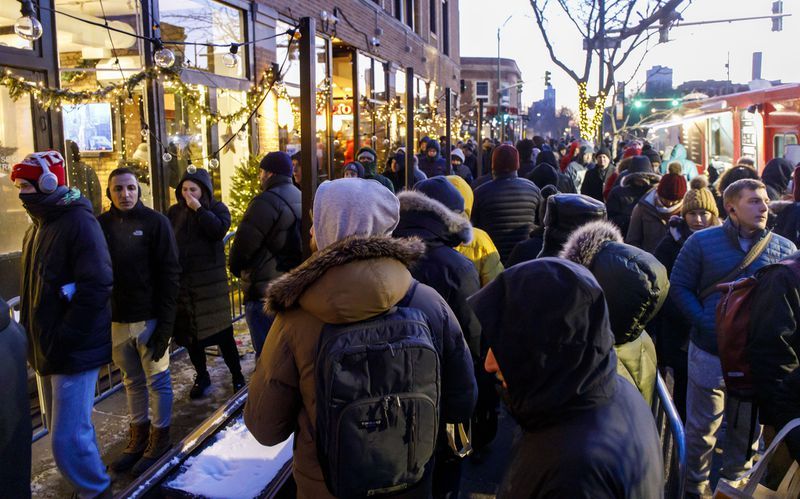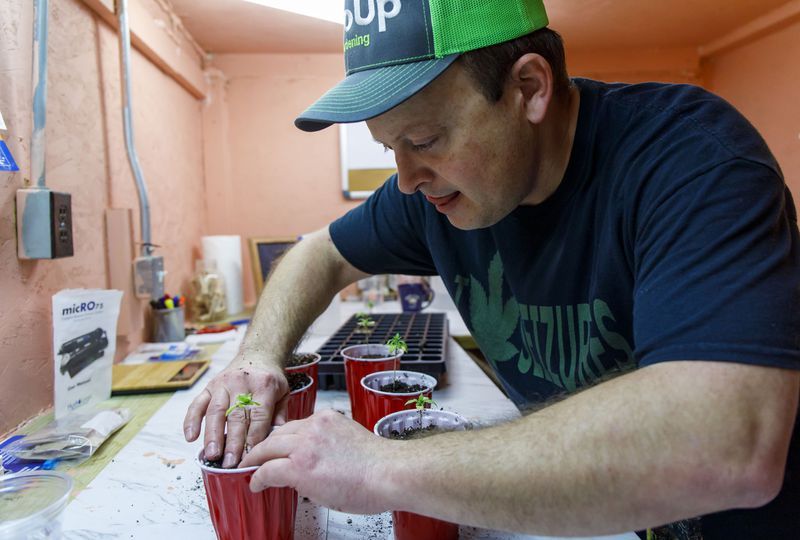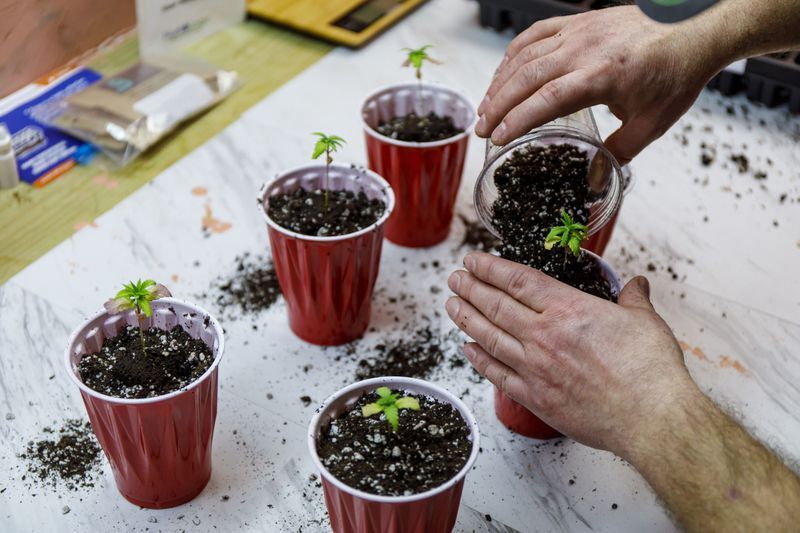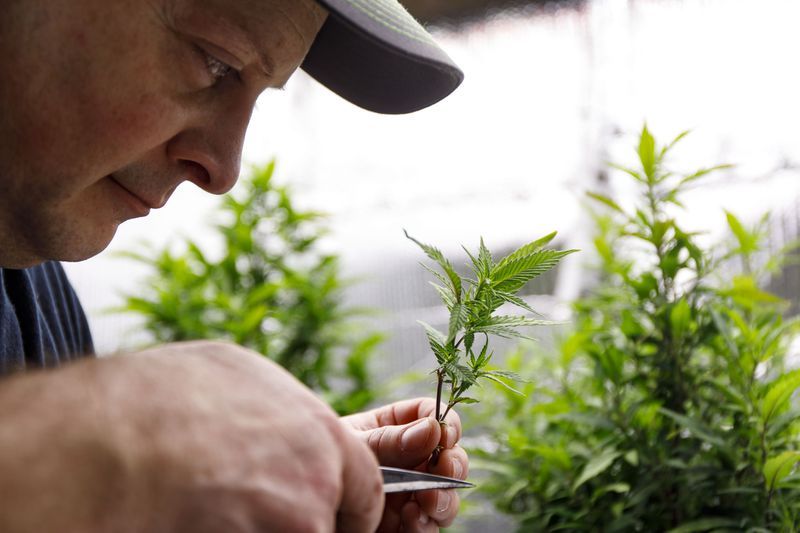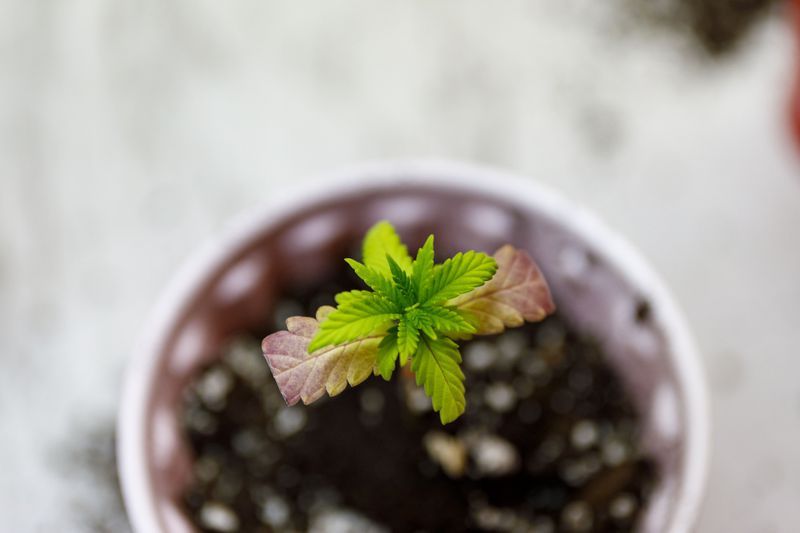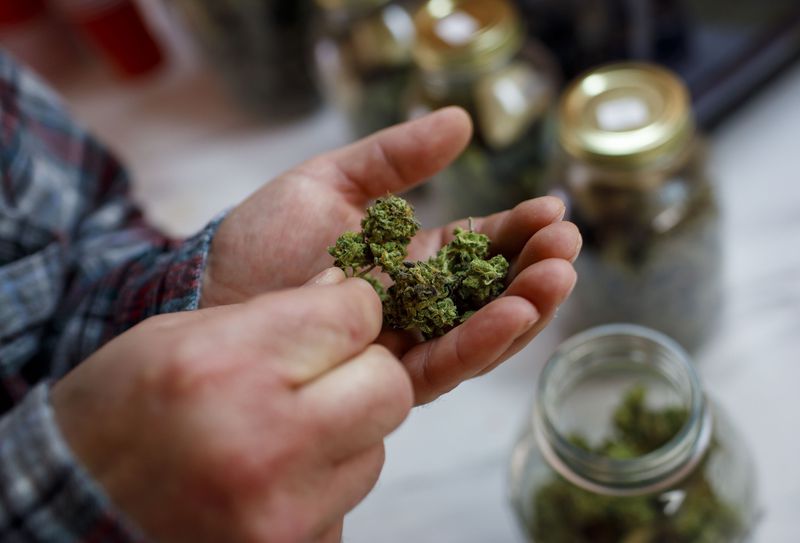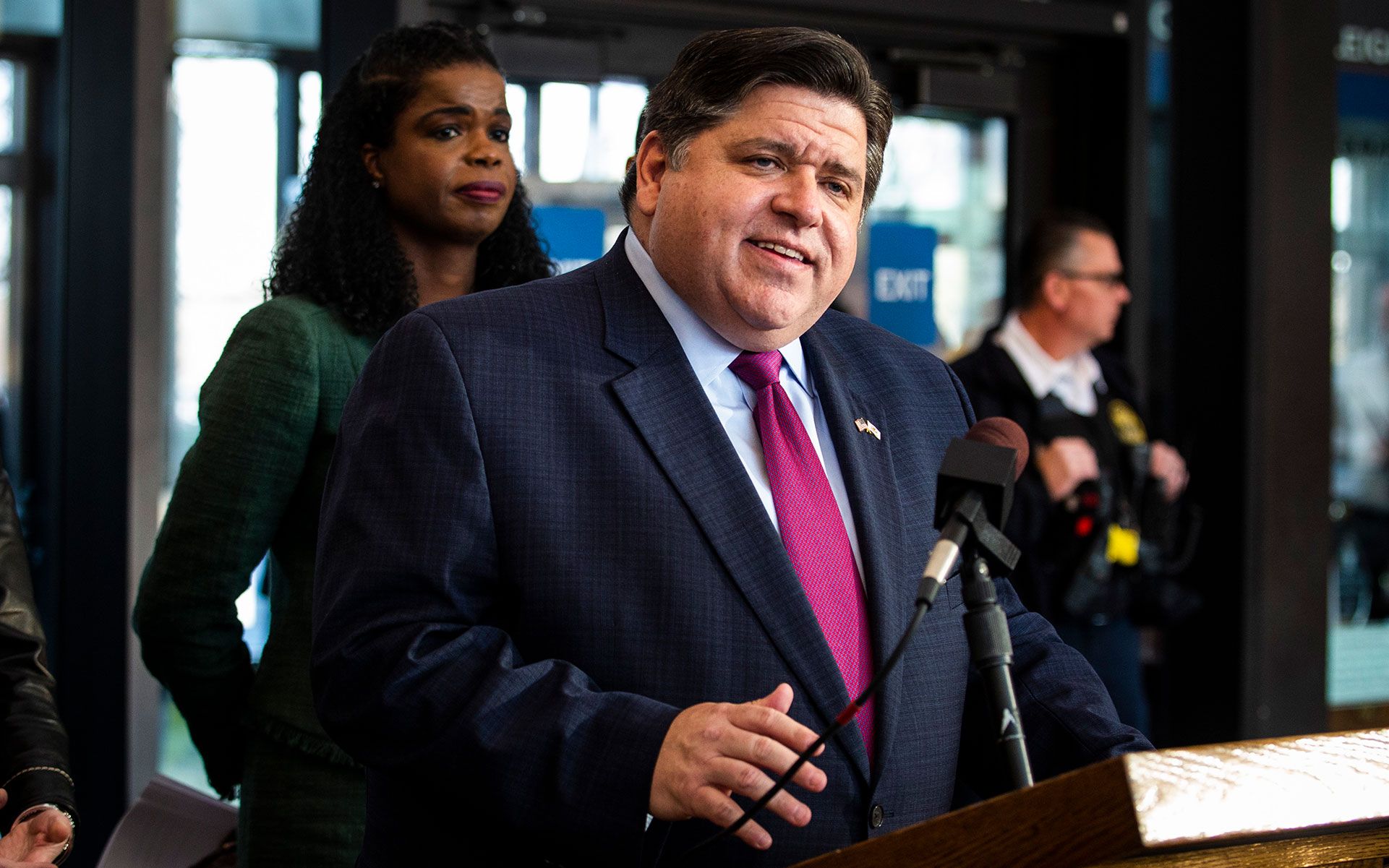Baron23
Well-Known Member
Legal marijuana in Illinois causing someone to break the law
When Illinois legalized marijuana for recreational use, it ended several decades of marijuana prohibition all across the state. This is a good thing for most cannabis-loving Illinois residents. But that doesn’t mean cannabis enthusiasts are all of a sudden free to do just anything they want with weed. There are rules, though some are confused about what it means to be in a state where marijuana is no longer under a total ban
It was just over the weekend that Illinois State Police caught a couple of dudes traveling in a motor home packed down with marijuana. Not a little bit, mind you. These guys had 600 pounds of the green stuff, according to a report from NBC-affiliate WPSD. There is little doubt they were up to no good. Allegedly, the cannabis was on its was to California for distribution on the black market. This has been happening all across the country, especially in legal states. Many customers don’t want to pay the high tax rates associated with the legal market. Instead, they opt to continue buying their weed from street dealers.
However, the two men are in deep trouble for even having that much weed. While cannabis is legal in those parts, the law only applies to small amounts. Adults 21 and older may possess up to 30 grams of weed in the Land of Lincoln. Anything over is considered outlaw shenanigans, and it will get a person arrested and tossed in the slammer. In this case, these two fools are now facing charges for felony possession with intent to deliver. The outcome probably won’t be good.
Perhaps another misunderstanding of the law is that it’s now acceptable in Illinois to sell weed (even to minors) without catching some heat from law enforcement. Not only is this untrue, but it can sometimes get a school put on lockdown. A recent report from Patch indicates that a 22-year-old man was arrested last week after police discovered illegal vape cartridges and between 30 and 100 grams of weed in his home. The cops made the bust, which prompted a short lockdown of a high school across the street, after receiving tips that this guy was selling marijuana to the students.
This type of behavior is also a huge no-no in Illinois and every other legal state across the nation. In fact, one of the arguments made by cannabis advocates is that legalization is one way to keep marijuana from falling into the hands of minors. So, selling weed without a license, especially to underage kids, is a sure-fire way to end up with the cops beating down your door. And even though this dealer wasn’t actually caught selling drugs to students, the police did find enough weed in his house to charge him with unlawful possession. If convicted, he could see up to a year in jail and fines reaching $2,500. Had he been caught selling on school property, though, the punishment would have been more severe.
Illinois’ law on marijuana is clear. Adult residents 21 and older can possess up to 30 grams of weed, while adults from out of state are allowed half of that. Only licensed dispensaries can sell marijuana, and only medical marijuana patients (those enrolled in the state’s program) have permission to grow it. Anyone breaking these rules will undoubtedly continue to feel the wrath of prohibition past.
When Illinois legalized marijuana for recreational use, it ended several decades of marijuana prohibition all across the state. This is a good thing for most cannabis-loving Illinois residents. But that doesn’t mean cannabis enthusiasts are all of a sudden free to do just anything they want with weed. There are rules, though some are confused about what it means to be in a state where marijuana is no longer under a total ban
It was just over the weekend that Illinois State Police caught a couple of dudes traveling in a motor home packed down with marijuana. Not a little bit, mind you. These guys had 600 pounds of the green stuff, according to a report from NBC-affiliate WPSD. There is little doubt they were up to no good. Allegedly, the cannabis was on its was to California for distribution on the black market. This has been happening all across the country, especially in legal states. Many customers don’t want to pay the high tax rates associated with the legal market. Instead, they opt to continue buying their weed from street dealers.
However, the two men are in deep trouble for even having that much weed. While cannabis is legal in those parts, the law only applies to small amounts. Adults 21 and older may possess up to 30 grams of weed in the Land of Lincoln. Anything over is considered outlaw shenanigans, and it will get a person arrested and tossed in the slammer. In this case, these two fools are now facing charges for felony possession with intent to deliver. The outcome probably won’t be good.
Perhaps another misunderstanding of the law is that it’s now acceptable in Illinois to sell weed (even to minors) without catching some heat from law enforcement. Not only is this untrue, but it can sometimes get a school put on lockdown. A recent report from Patch indicates that a 22-year-old man was arrested last week after police discovered illegal vape cartridges and between 30 and 100 grams of weed in his home. The cops made the bust, which prompted a short lockdown of a high school across the street, after receiving tips that this guy was selling marijuana to the students.
This type of behavior is also a huge no-no in Illinois and every other legal state across the nation. In fact, one of the arguments made by cannabis advocates is that legalization is one way to keep marijuana from falling into the hands of minors. So, selling weed without a license, especially to underage kids, is a sure-fire way to end up with the cops beating down your door. And even though this dealer wasn’t actually caught selling drugs to students, the police did find enough weed in his house to charge him with unlawful possession. If convicted, he could see up to a year in jail and fines reaching $2,500. Had he been caught selling on school property, though, the punishment would have been more severe.
Illinois’ law on marijuana is clear. Adult residents 21 and older can possess up to 30 grams of weed, while adults from out of state are allowed half of that. Only licensed dispensaries can sell marijuana, and only medical marijuana patients (those enrolled in the state’s program) have permission to grow it. Anyone breaking these rules will undoubtedly continue to feel the wrath of prohibition past.
